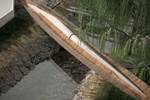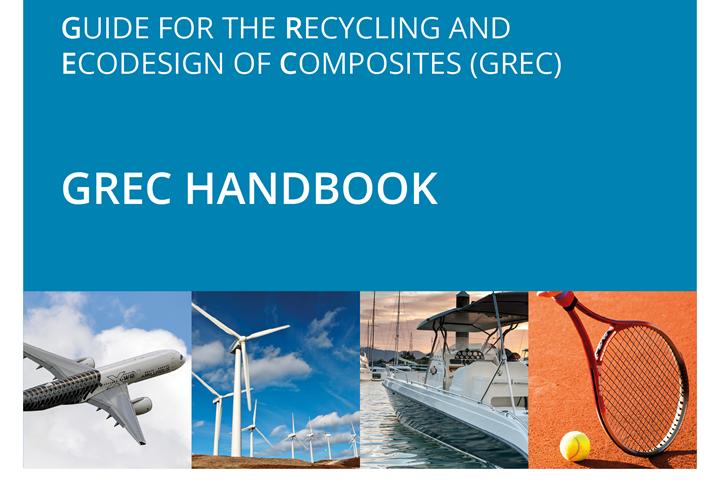IFTH, Cetim and IPC present online guide for eco-design, recycling of composites
The online guide, jointly produced by three French industrial technical centers active in the field of composites, maps the challenges and current options available for recycling in France.
Environmental impact is a major obstacle in the development of composites in the coming years. To keep pace with ongoing industrial developments and environmental responsibility issues, the French Institute of Textiles and Clothing (IFTH, Paris), Cetim (Senlis, France) and the Industrial Technical Centre for Plastics and Composites (IPC, Laval, France), three industrial technical centers active in the field of composites, have published a “Guide for the Recycling and Ecodesign of Composites” (GREC) handbook using the latest market data and technical progress. GREC is now available for download in English.
GREC presents an overview of the status and challenges of eco-design and recycling of composite materials addressed in five main chapters. Jointly compiled, this guide aims to:
- Introduce readers to the history and properties of composites, in addition to a market overview.
- Qualitatively and quantitatively map the material flows and sources of waste in the French composites industry from 2020-2040. This data also feeds into a discussion on the options for waste reuse sector models.
- Draw up an overview of the latest possibilities for the reuse of composite waste with a low environmental impact, from full reuse to energy recovery and storage, including different recycling options.
- Present eco-design methodologies, including lifecycle analyses the investigation and discussion of the environmental performance of a few composite solutions.
- Compile a directory of French companies that can process composite waste.
GREC is available in two formats. The full report, available in French, can be found on the ADEME website here. The summary brochure, is available in French and in English at this link on the Cetim website. Please note, that users will need to create a Cetim account (free) to access the latter.
Related Content
-
ASCEND program update: Designing next-gen, high-rate auto and aerospace composites
GKN Aerospace, McLaren Automotive and U.K.-based partners share goals and progress aiming at high-rate, Industry 4.0-enabled, sustainable materials and processes.
-
Bio-based acrylonitrile for carbon fiber manufacture
The quest for a sustainable source of acrylonitrile for carbon fiber manufacture has made the leap from the lab to the market.
-
JEC World 2023 highlights: Recyclable resins, renewable energy solutions, award-winning automotive
CW technical editor Hannah Mason recaps some of the technology on display at JEC World, including natural, bio-based or recyclable materials solutions, innovative automotive and renewable energy components and more.















